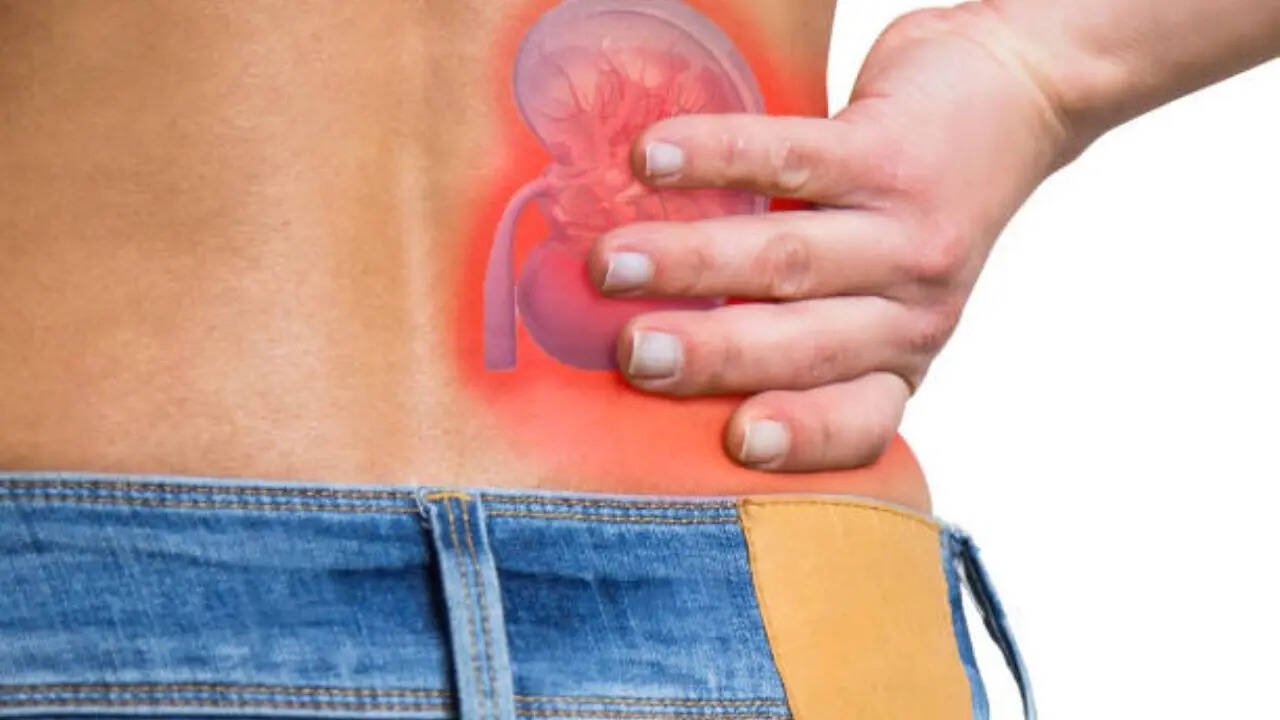Science
Scientists Convert Type A Kidney into Universal Donor Organ

In a significant advancement in the field of organ transplantation, American scientists have successfully converted a type A kidney into a universal donor kidney, which is classified as type O. This breakthrough addresses the global organ shortage crisis and promises to streamline kidney donations in the United States. With over 90,000 people currently on the transplant waiting list, and more than half of them having type O blood, this innovation could expedite the process of finding compatible kidneys for many patients.
Blood type compatibility is crucial in kidney transplants as it prevents the recipient’s immune system from rejecting the donor kidney. Historically, this has posed a significant barrier to transplantation. While advancements have made ABO incompatible transplants feasible through treatments like plasmapheresis and intravenous immunoglobulin, type O kidneys remain the gold standard for universal donation. They lack the main antigens, allowing them to be transplanted into individuals with any blood type. Consequently, patients with type O blood often experience waiting periods that are two to four years longer than those with other blood types.
Details of the Experiment
The scientists initiated the process with a type A donor kidney, employing specialized enzymes to modify its blood type. These enzymes were used to eliminate the antigens associated with type A blood, effectively “washing” the kidney so that it would be recognized as type O by the recipient’s immune system. Following this transformation, the kidney was transplanted into a brain-dead patient to assess its functionality.
For two days, the universal donor kidney functioned normally without any signs of rejection. However, on the third day, some antigens re-emerged, resulting in the patient’s immune system beginning to attack the organ. Experts indicate that while this technique shows promise, it currently functions only temporarily and requires further research to establish a permanent solution. The ability to convert type A kidneys into universal donors could significantly reduce waiting lists and lessen the need for high-risk treatments for recipients of mismatched organs.
Future Implications for Organ Transplantation
The implications of this research extend beyond kidneys. Preliminary tests have also been conducted using this method on lungs in laboratory settings, raising hopes that it could eventually be applied to hearts, livers, and other organs. If successful, this innovation could mark a major milestone in organ transplant history in the United States, potentially saving thousands of lives and alleviating the long wait times faced by patients with type O blood.
As the research progresses, the medical community remains optimistic about the potential this discovery holds for transforming organ donation practices and improving patient outcomes. Enhanced access to compatible organs could drastically reshape the landscape of transplant medicine, offering renewed hope to those in desperate need of life-saving procedures.
-

 World5 months ago
World5 months agoSBI Announces QIP Floor Price at ₹811.05 Per Share
-

 Lifestyle5 months ago
Lifestyle5 months agoCept Unveils ₹3.1 Crore Urban Mobility Plan for Sustainable Growth
-

 Science4 months ago
Science4 months agoNew Blood Group Discovered in South Indian Woman at Rotary Centre
-

 World5 months ago
World5 months agoTorrential Rains Cause Flash Flooding in New York and New Jersey
-

 Top Stories5 months ago
Top Stories5 months agoKonkani Cultural Organisation to Host Pearl Jubilee in Abu Dhabi
-

 Sports4 months ago
Sports4 months agoBroad Advocates for Bowling Change Ahead of Final Test Against India
-

 Science5 months ago
Science5 months agoNothing Headphone 1 Review: A Bold Contender in Audio Design
-

 Top Stories5 months ago
Top Stories5 months agoAir India Crash Investigation Highlights Boeing Fuel Switch Concerns
-

 Business5 months ago
Business5 months agoIndian Stock Market Rebounds: Sensex and Nifty Rise After Four-Day Decline
-

 Sports4 months ago
Sports4 months agoCristian Totti Retires at 19: Pressure of Fame Takes Toll
-

 Politics5 months ago
Politics5 months agoAbandoned Doberman Finds New Home After Journey to Prague
-

 Top Stories5 months ago
Top Stories5 months agoPatna Bank Manager Abhishek Varun Found Dead in Well









